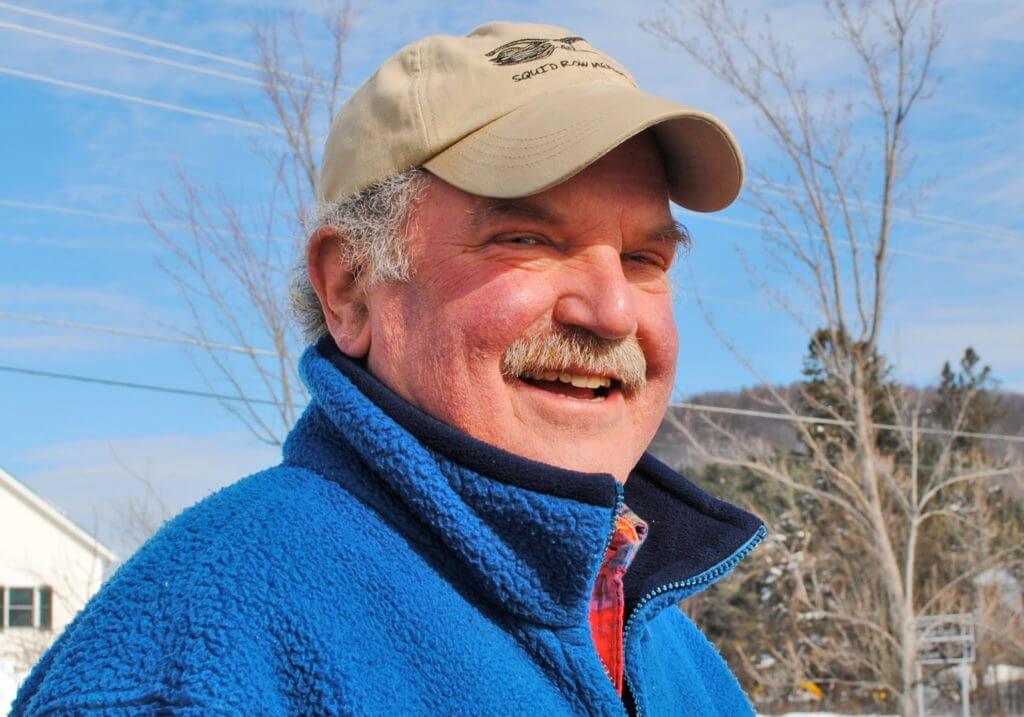Veterans Day celebration—A slightly different take

It’s always the old to lead us to the war
It’s always the young to fall
Now look at all we’ve won with the saber and the gun
Tell me is it worth it all
~ Phil Ochs, “I Ain’t Marching Anymore”
Veterans Day, eh? I should be honored to take part in it, but, frankly, the Navy and I parted company on Treasure Island, California, in late summer of 1968 and have lived in blissful ignorance of each other ever since. I put my medals in a drawer and responded to a letter from the government asking me to become an active reserve with a “Thanks, but no thanks.” The country must have had a large enough supply of people (mostly men in those days) to keep their tanks full and did not feel the need to press too hard on those of us who said no.
To me, Veterans Day is a ritual that commemorates, unfortunately, another ritual called war. Parading to commemorate people who died in battle or elsewhere in military service seems to me to perpetuate more dying. I only felt marching was worthwhile when I was in boot camp and marched into Soldier Field, Chicago as a member of the Blue Jacket Choir to sing at halftime of the all-star football game. It was the result of the best advice I ever got from a lifer, “Do what you can to get into the choir! You won’t regret it.”
Most marching, though, is a part of a military regimen that seems to symbolize the hierarchy upon which it is based. The high ranks lead the troops; the low ranks “keep in step.” That basis rests on battlefield behavior in wars from year one, command and obey, “do-as-you’re-told by anyone of higher rank” because you don’t have time to discuss matters. It was necessary when you were in the middle of battle and the bullets were coming at you, but beyond that I’m not so sure. Yet it remained ingrained in the brains of enough military types to become regular practice in their work and home lives. To me, when I’ve worked under someone who believed strongly in rank, my own abilities were not always valued.
The one group on my ship that did not operate according to rank was the Navy SEALS. They were an operations unit handling special weapons that were being tested against North Vietnamese aircraft. Every SEAL, no matter what his rank, knew what made his weapons special and apart from others. As a result, the group worked collectively without demanding orders by hierarchy.
The rank doctrine came to light recently when President Trump called a widow of a soldier killed in Niger to offer condolences. Congresswoman Frederica Wilson happened to be in the car with the widow, a friend of hers, and reported some things Trump said that she felt were condescending. He, in turn, became critical of Wilson. The president’s chief of staff, General John Kelly, defended his boss with some statements that contained mistruths, according to New York Times columnist Charles Blow in his October 23 op-ed piece. So, in came Trump’s press secretary to defend Kelly, saying it was inappropriate to question a four-star general.
There, she hit the military nail on the head. If it comes out of a general’s mouth, it has to be right. After all, he is a general and most of the rest of us are not.
Boot camp was the way the military had of leveling the playing field and dividing authority according to what you wore on your sleeves. It taught you that salutes came from those of us of lower rank to our betters of upper rank. It’s like my father once told me when I criticized an editorial by a physician friend of his. Regardless of what he says, “He’s got to be right. He’s a doctor.”
Don’t get me wrong. I am in favor of some form of service to our country for everyone. Unfortunately, during my time for duty Vietnam was in full swing, and service meant military draft for most of us. A number of European countries treat service requirements differently. The nature of the service is more often aimed at improving the domestic nature of the country rather than its military might. I’d like to see us move in that direction.
A college classmate of mine who became an English professor wrote a chapter in a book by veterans from our class. He said that as he was about to leave active duty he was encouraged by his battalion commander to pursue a career in the military. My friend declined, saying that he was more interested in heading to graduate school to study English literature, “where fiction made more sense than (his) military experience.”

